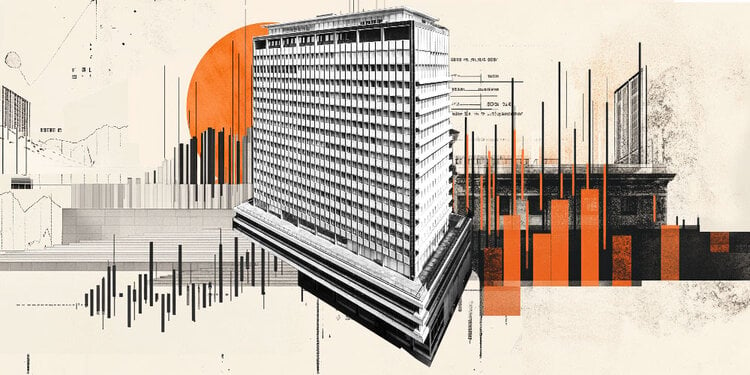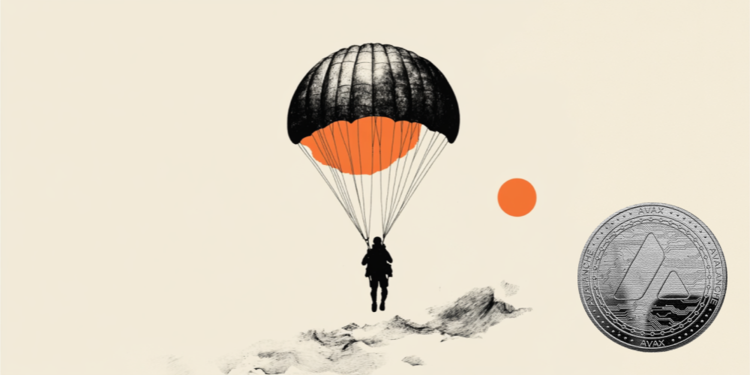The last “Mina” is the one launched a few days ago by the researchers Daniel Kokotajlo, Scott Alexander, Thomas Larsen, Eli Lifland, Romeo Deanauthors of the futuristic scenario To 2027: They foresee that “the impact of superhuman artificial intelligence in the next decades will be enormous, overcoming that of the industrial revolution”. Their study speaks of such an acceleration in the development of this tool, that over a couple of years we will come to a “superintelligence”, a form of IA capable of self-making itself, even overcoming man.
But if on the technological front science fiction is already around the corner, we live a present that still travels “coal” on the human one. The IA is becoming part of our lives overwhelmingly: in March, chat GPT was the most downloaded app in the world, with 46 million people who have chosen to install it on their devices. So far nothing unpredictable, if it were not for the restlessness that is being born in many researchers in the field of human sciences for the very scarce knowledge that ordinary people have of this technological means, often even “misunderstood” in its objective nature. Among the most worrying aspects there would be the one who sees the ia replacing mental health professionals: according to the latest estimates, 20% of the children of Gen Z used a chatbot to receive emotional support, without considering that many people, in general, also come to speak with IA thinking they “solve” the problem of solitude.
“Disturbing things are happening: artificial intelligence is seen not for what it is, that is, a machine that works thanks to algorithms, but as if it were” someone “,” he underlined Alessandra GoriniProfessor of Bioethics, Psychology and Professional Deontology of the State University of Milan, on the occasion of a recent event. «Whoever uses it says thanks or apologize. We are doing incredible things, and this concerns everyone, even experts. Things that denote how the IA is exchanged for an entity very similar to us, if not “like us” “.
And there is more. Professor Gorini also makes a very strong similarity, when he compares the use that could be made of artificial intelligence to that of the atomic bomb. «What the physique Robert Oppenheimer has created was then used to generate the atomic bomb. Artificial intelligence also has the same enormous potential, both in a positive and negative sense. But it has one problem more than the atomic bomb: few had it, the IA instead we all have it. In some ways, it could even be more dangerous and at the same time more advantageous. It is up to the human being to decide how to use it: each of us, with the right awareness, has the possibility and the freedom to choose what to do ».
Also the scientist Manuel Sans Segarrapioneer in the search for above, believes that the impact of artificial intelligence on the world and on our lives is comparable to that of atomic energy: “It will help us a lot, just like atomic energy. But he also gave us the atomic bomb, and killed many people. I think the IA is a wonderful support that we absolutely must use in scientific progress. But it can help us if we act rationally, if we also have laws and rules that allow us to correctly guide its use ».
The point therefore remains an urgent commitment to collective education for better knowledge and correct use of this tool. Why if each of us really has the freedom to decide what to do, to take advantage of the benefits of the AI without risking transforming it into “a bomb”, how much at this moment could we say that we are actually capable of it?
Source: Vanity Fair
I’m Susan Karen, a professional writer and editor at World Stock Market. I specialize in Entertainment news, writing stories that keep readers informed on all the latest developments in the industry. With over five years of experience in creating engaging content and copywriting for various media outlets, I have grown to become an invaluable asset to any team.







